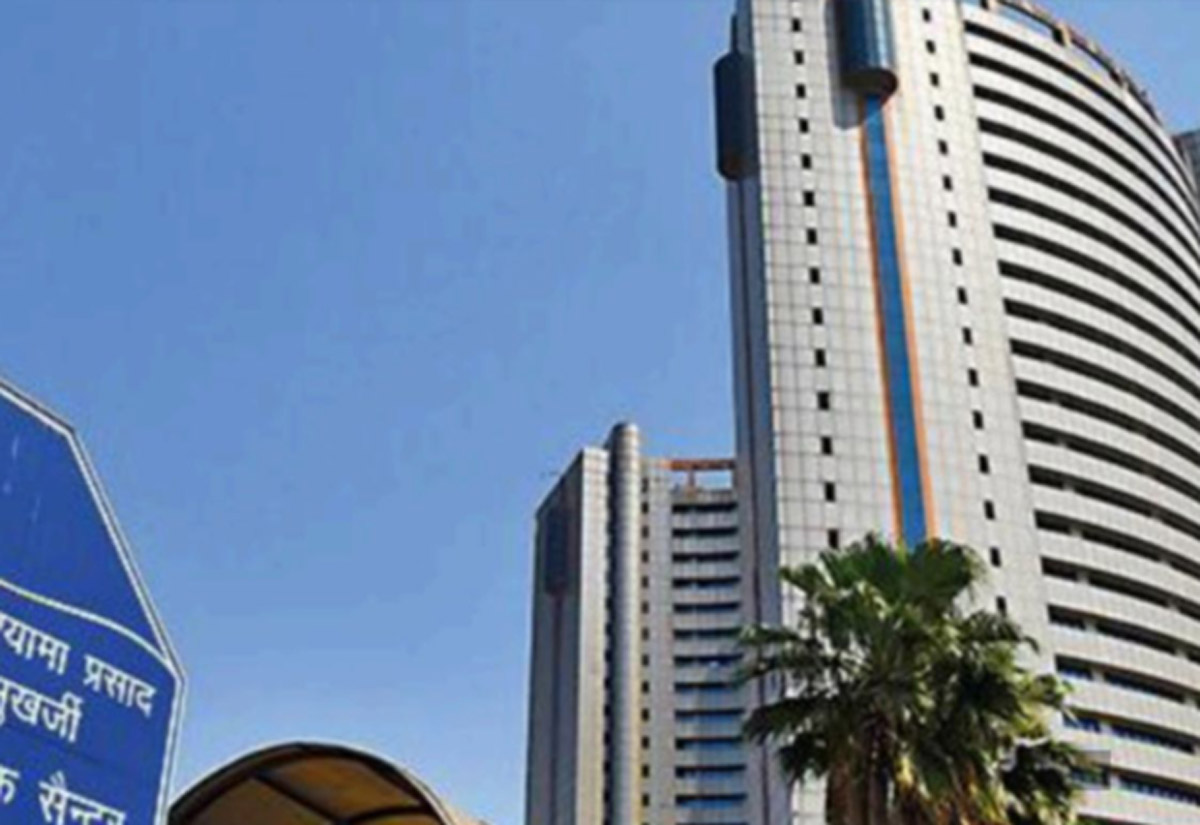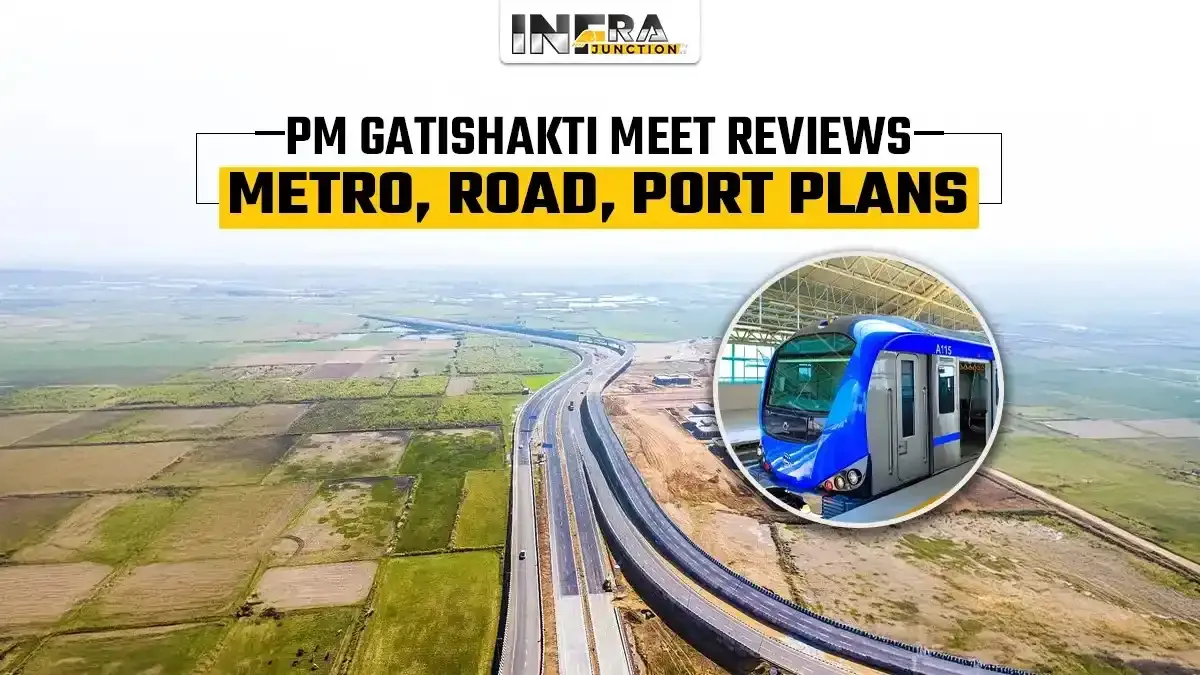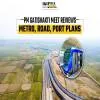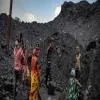
MCD's mandatory Geotagging sparks resident discontent, technical concern

PM GatiShakti Reviews Major Road, Rail and Metro Plans
The Network Planning Group (NPG) under the PM GatiShakti initiative has evaluated multiple infrastructure projects spanning road, rail, and metro systems. The review covered two highway projects by the Ministry of Road Transport and Highways (MoRTH), two railway proposals by the Ministry of Railways, and one metro project under the Ministry of Housing and Urban Affairs (MoHUA). According to the Ministry of Commerce and Industry, the projects were assessed for alignment with PM GatiShakti’s principles of integrated multimodal connectivity, last-mile linkage to economic and social hubs, and t..

BLS International Wins MEA Contract for Visa Centres in China
BLS International Services Limited announced that it has secured a contract from the Ministry of External Affairs (MEA) to establish and operate Indian Visa Application Centres (IVACs) in China. The contract, effective from 14 October 2025, will remain valid for a period of three years. The development follows India’s decision in July 2025 to resume the issuance of tourist visas to Chinese nationals — a move aimed at improving bilateral relations that had been strained since the Galwan Valley clashes. India had suspended tourist visas for Chinese citizens in 2020 due to the COVID-19 pande..

Newgen Wins Rs 466 Million US Contract From Financial Major
Newgen Software Technologies has announced a major contract win for its US subsidiary, Newgen Software Inc., securing a two-year agreement worth USD 5.29 million (around Rs 466 million) with a leading financial institution in the United States. According to the company’s regulatory filing, the deal includes annual software licensing fees, cloud hosting services, and other service-related charges. The contract was signed with a non-related international entity, and does not involve any promoter or group company interests. Newgen clarified in its statement that the transaction does not quali..
















